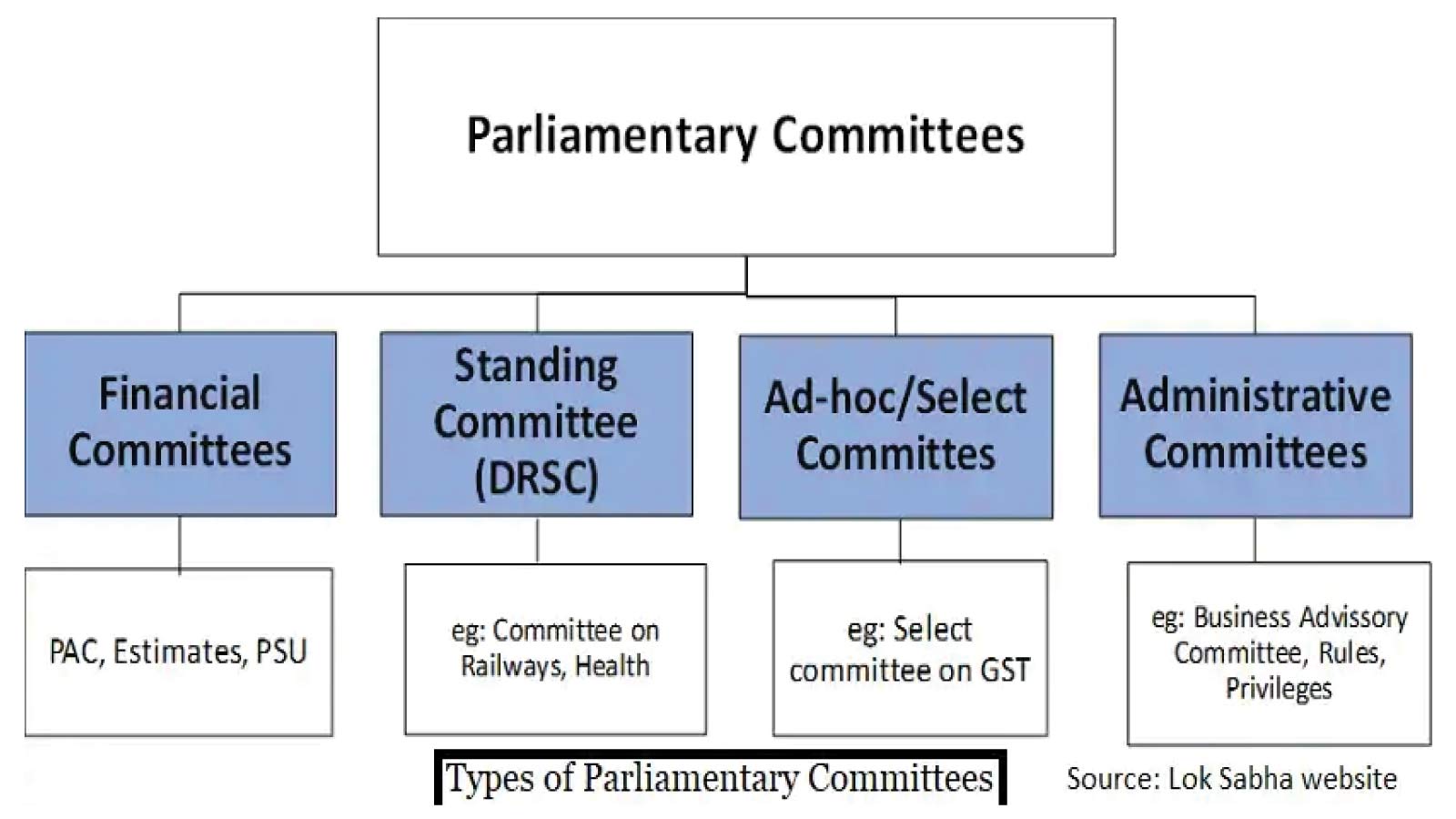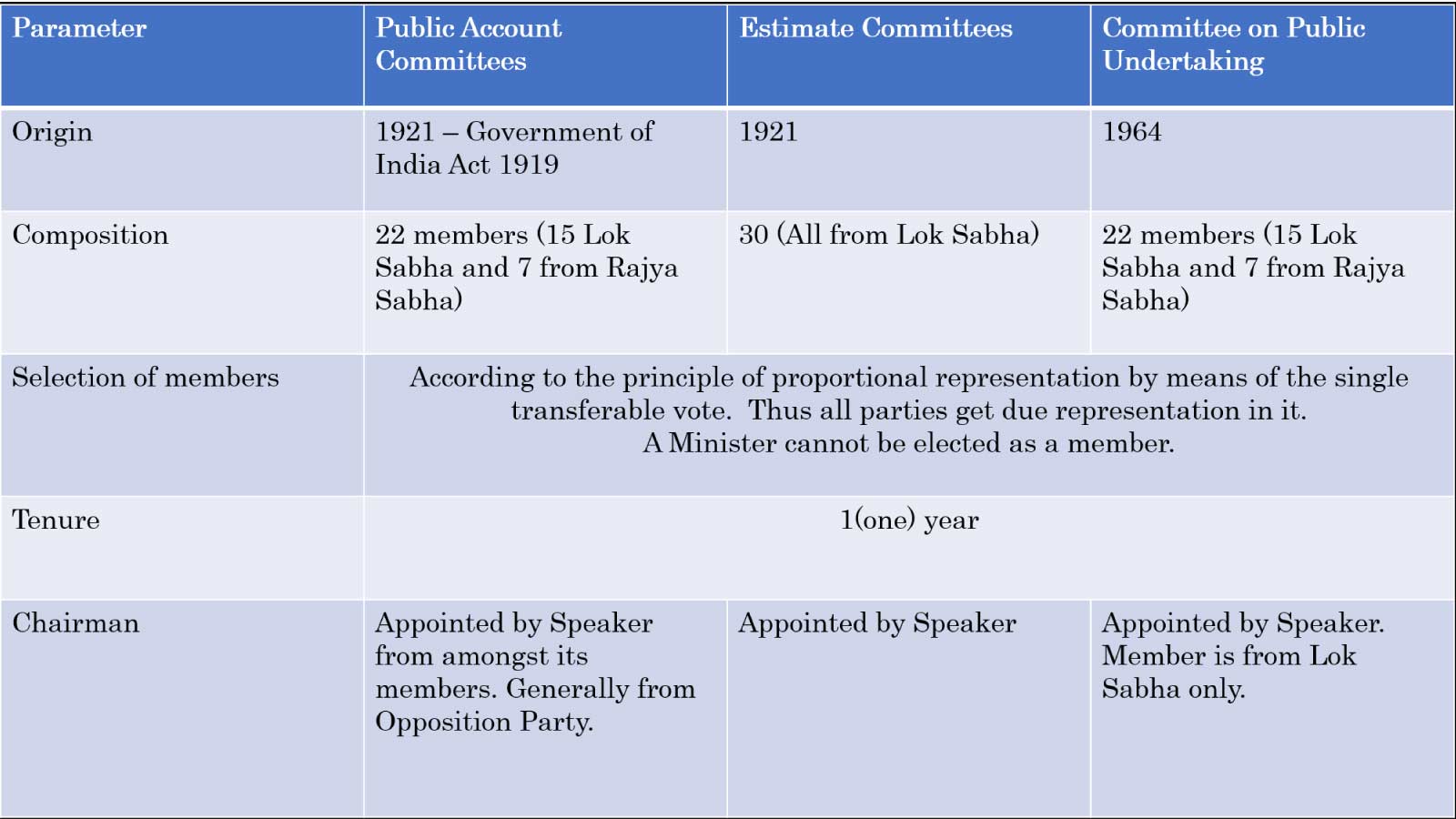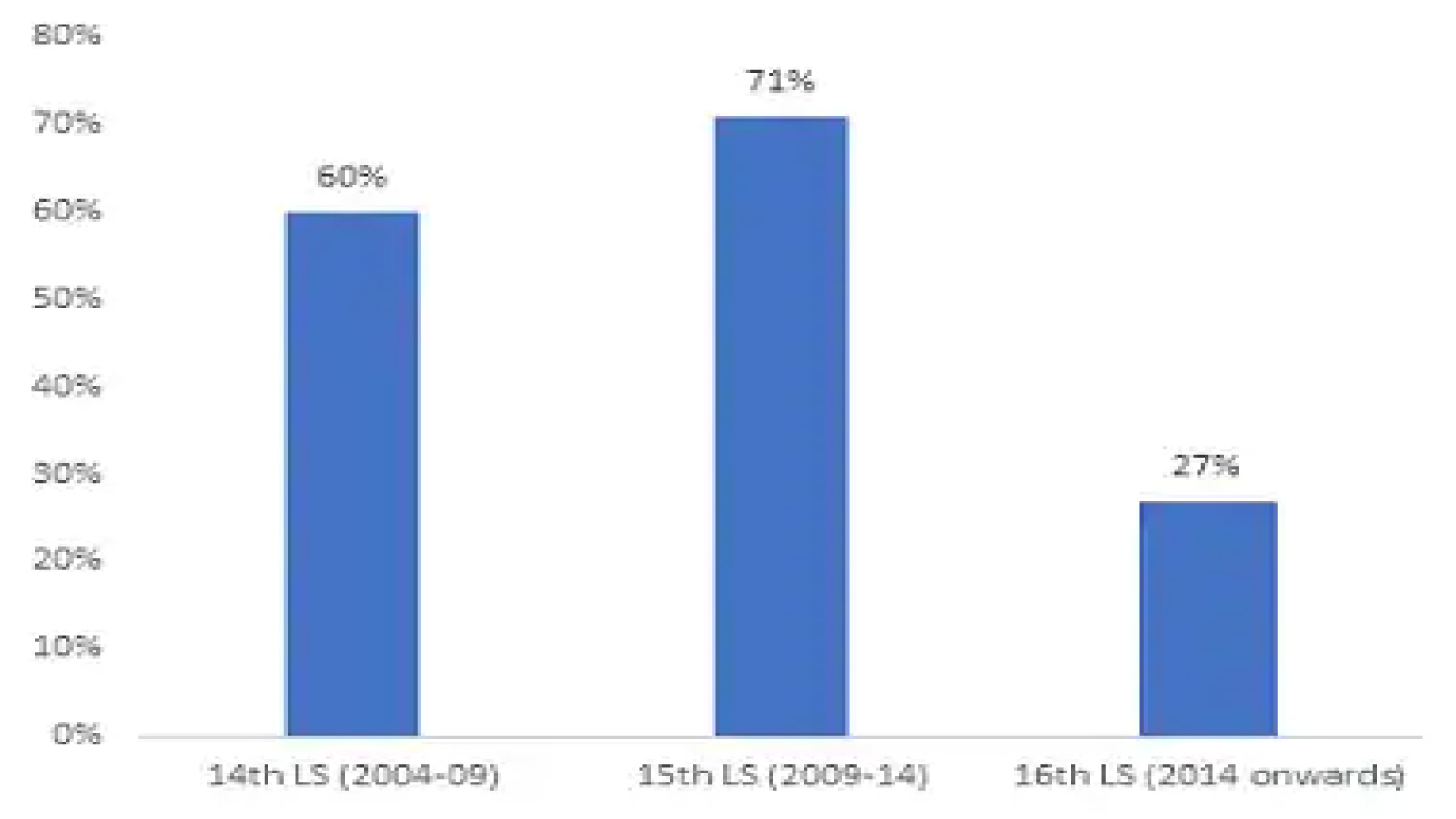10 Feb India must return to traditional diplomacy
Daily Current Affairs 10 February 2021
India must return to traditional diplomacy
Context:
Rihana’s and other celebrities’ tweets and after a backlash in Indian society.
Earlier India’s policy was to absorb or provide a cushion and to promote India’s interest.
What Now:
India is pursuing the pushback strategy which needs recalibration as India started a campaign against foreign celebrities or other’s who are doing a campaign to malign India’s image.
Why India needs to reconsider:
- It is not the foreign celebrities but the liberal media or the world who poses more challenges in the upcoming time.
- Wolf warrior-like strategy may not work for India as it worked for china.
Fine-tuning the State-of-the-app technology
Why State apps are necessary:
- Recently many mobile apps have been launched by the central government and state government. This gave a light on duplicating the efforts and wastage of resources.
- Collection, ownership of data, protection of privacy.
Issues:
Data privacy, state and central coordination, centralised approach
How to solve:
- Adoption of an API-based microservices architecture and federated database structure.
- An appropriate governance framework.
- Countries in Europe such as U.KGermany have considered transcending from an centralised information flow to a decentralised information flow for contact-tracing applications.
- scrutiny to technology platforms developed by the States brings the opportunity of improved public services overall and more spillover effects.
Trans fat
What is Trans Fat:
Trans-fatty acids are the form of unsaturated fat that comes in both natural and artificial form.
Natural-> occur in the meat and dairy from ruminant animals, such as cattle, sheep, and goats.
- They are formed in the stomach during digestion of grass.
Artificial trans fats are an outcome of hydrogenation
- Hydrogenation-> turn vegetable oils into solids or semisolid to improve the shelf life of the product.
Why they are a concern :
- Bad cholesterol will result in the blocking of veins, leading to a heart attack.
- More fat reduces efficiency and increases obesity.
- Stomach problems.
What the Government is doing.
- By January 1, 2022, industrial trans fat will limit to 2% by mass of the total oils/fats present in the product.
->Saturated trans fat can also be transformed into unsaturated by repeated use at high temperatures.’
Denmark-> first country to limit industrially produced trans fat content in all foods to 2% of fats and oils.
- Denmark will eliminate industrially-produced trans fat in all products by 2023.
National Commission for Protection of Child Rights (CPCR ):-
->It was Set up in 2007 under CPCR Act, 2005
->A statutory body under the Ministry of Women & Child Development
->The Commission’s Mandate is to ensure
- That all Laws
- Policies
- Programs
- Administrative Mechanisms are in consonance with the Child Right In accordance with the Constitution of India and also the UN Convention on the Rights of the Child.
->The person in the age group 0 to 18 years is known as a child.
->commission-> chairperson + six members (at least two should be women(
->All of them are appointed by the Central Government for three years.
->The maximum age
- 65 years for Chairman
- 60 years for members.
->The Central Government can remove the Chairperson from his office on the basis of proved misbehavior or incapacity to act.
Road Accidents are a bigger threat than pandemic
Statistics:
- 70% of the accident deaths are in the bracket of 14-45 yr.
- 415 deaths per day
- India holds position 1 in terms of death due to accidents
- India loses 3.14 % of GDP due to road accidents.
Why more accidents in India
- Faulty detailed project report.
- 70% of accidents are due to over speeding.
- Flouting of security norms
- Aging of vehicles.
Tamilnadu case study about road safety: T.N. has decreased 38% of their road accidents.
Recent proposed national road safety council
->is an advisory body.
->Under Motor Vehicles Act, 1988
->chaired by the Minister of the Ministry of Road Transport and Highways (MORTH).
->The official members of NRSC include
- Ministers of State for MORTH
- Minister-in-charge of Road Transport in States/UTs
- representatives from the Ministry of Home Affairs,
- Human Resource Development,
- Railways
- Department of Heavy Industry
- Ministry of Environment and Forests etc.
- Some Nonofficial members are also included.
Citizen Vs Citizen
Context:
MHA plans to make a volunteer corp to flag anti-national content online
Issues:
- No definition of anti-national activity, very subjective in nature.
- Giving the power to the ordinary people without locus standi.
- No statutory backing exists for volunteer corp
- The state is going away from the fundamental responsibility to provide protection to people in crime whether it is cyber crime.
- Free speech, privacy, unofficial surveillance.
- Citizen against citizen will polarise the society, will increase the conflicts in society.
- Ignores the guidelines of Supreme court in Shreya Singhal case where court quashed 66A of IT act 2005.
Recent state government approach
- The government of Bihar gave a blanket gag on online criticism.
- Uttarakhand Police decision to scan social media for anti-national content.
- Kerala government made defamatory post punishable.
Way Forward
- Governments should pursue policies that are in sync with the constitution.
Following the guidelines of S.C. is the way forward.
Issue of Parliamentary committee
Context:
Farm bills were not scrutinized by the parliamentary committee and other constitutional bills also didn’t go to committees directly.


- Due to capacity and time constraints, it is not possible for M.Ps to scrutinise all bills and policies in the house. To counter this issue a committee system came into existence.
- The earliest Parliamentary Committees-> Public Accounts Committee (1921)
- Estimates Committee (1950).
- 1993->Department Related Standing Committees (DRSC)
Issues in the committee system
Though Standing Committees have improved the capacity and ability of Parliament’s to examine policies better But several challenges are at the forefront.
Fewer bills referred
- Absence of rule to ensure all bills are referred to committees. As per convention, the ministry who is preparing the bill recommends the Speaker to refer a bill to the Standing Committee.

From the graph, it is evident that the 14th and 15th Lok Sabha recommended only 60 percent and 71 percent of bills to be referred to committees.
Longer tenure for members:
->The committee system allows-> legislators to develop technical expertise
But Presently the members are nominated for one year.
->Discussion of committee reports: Recommendations are not binding.
Research Support: examine issues that are technical in nature.
- it is important that quality research is made available to them.
Way forward
- There is a need for referring all bills to committees
- longer tenure for members
- strengthening committees with adequate research support as recommended by (NCRWC).
Plutus IAS Current Affair Team Member



No Comments